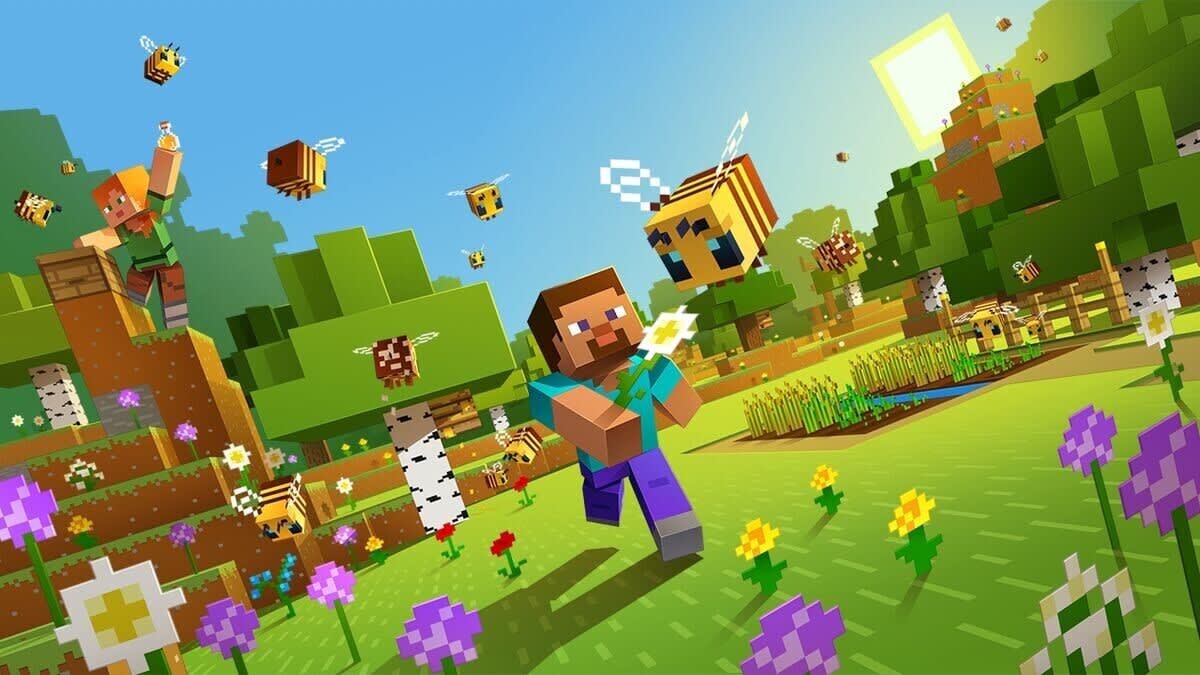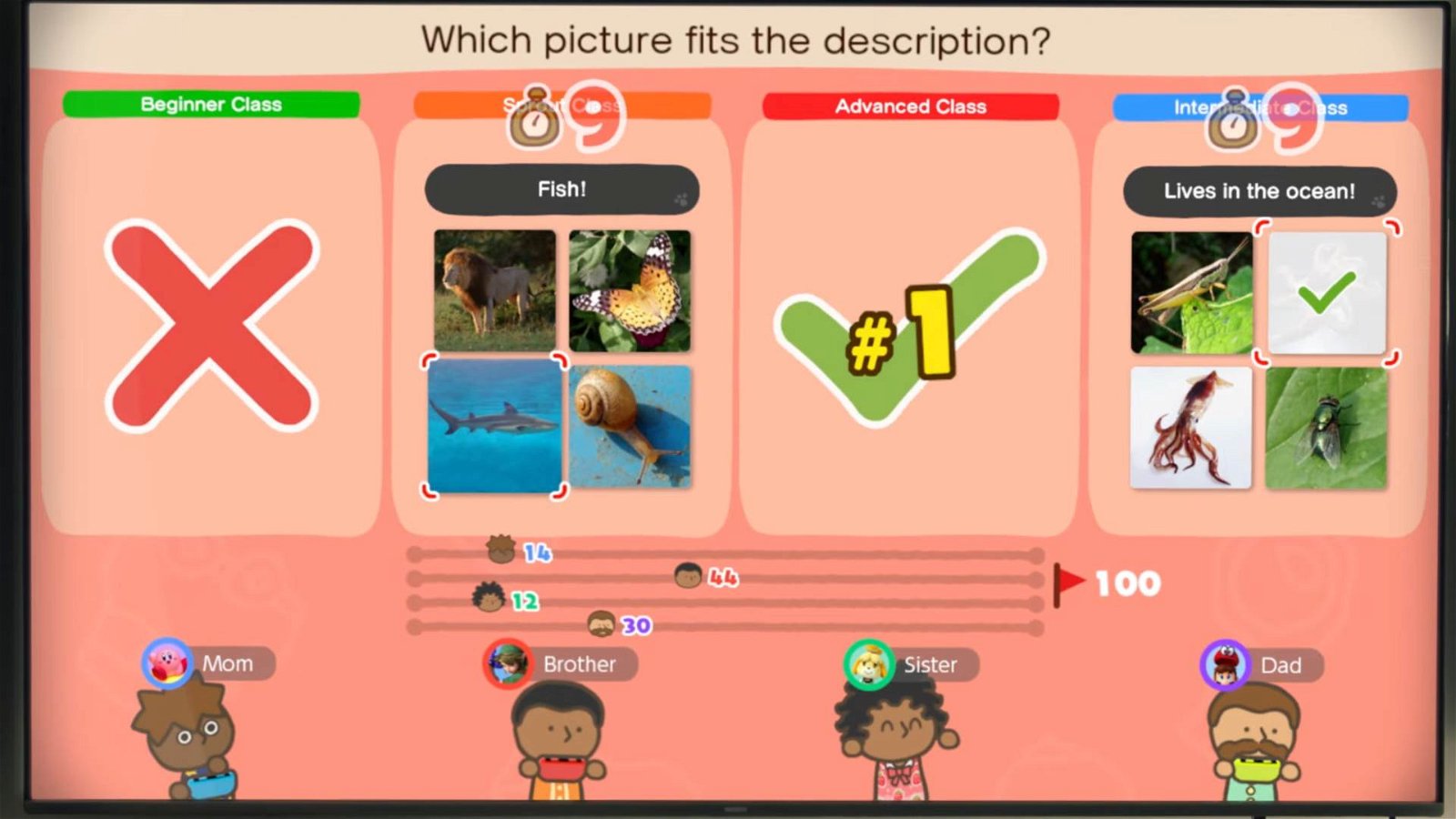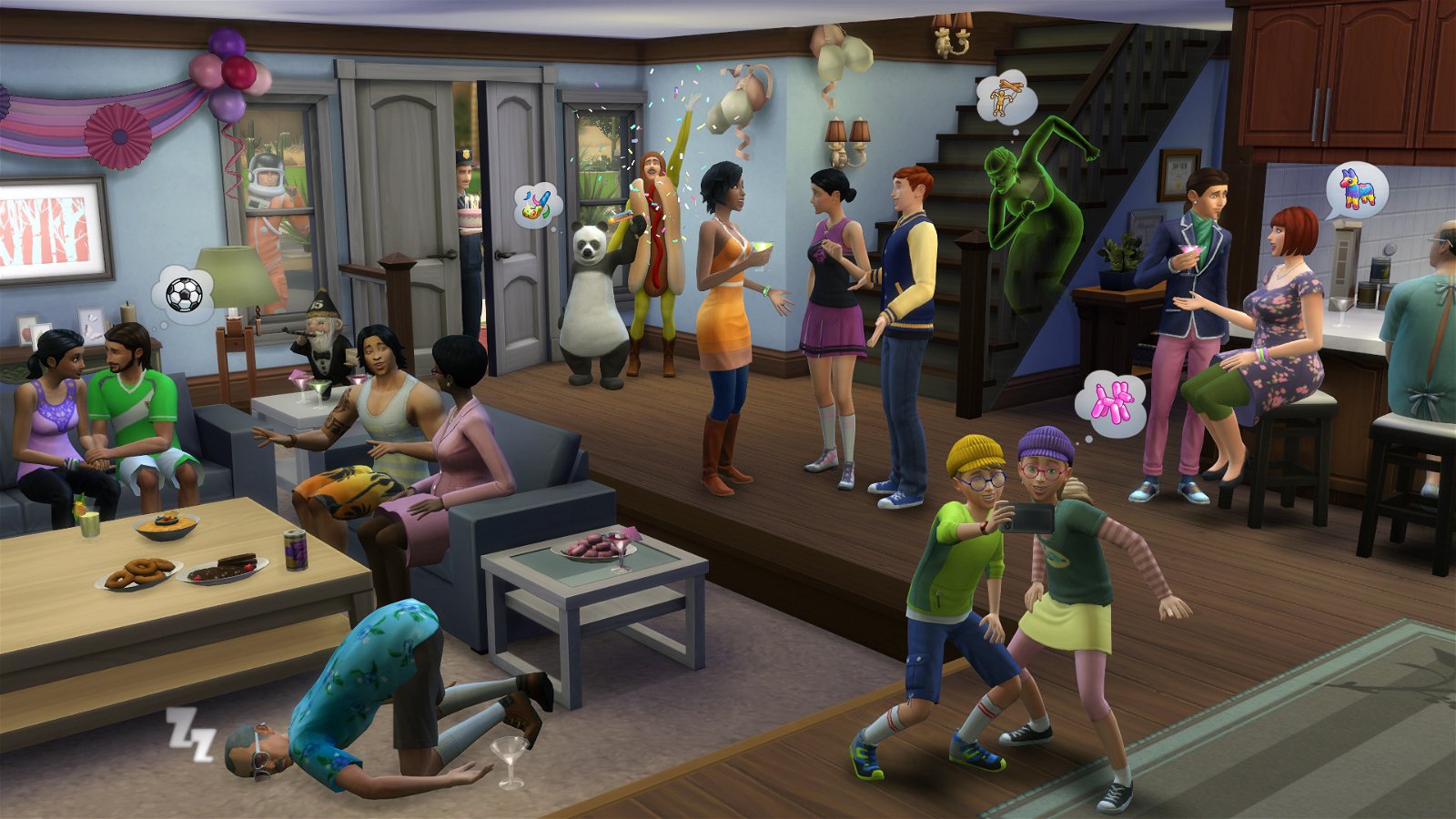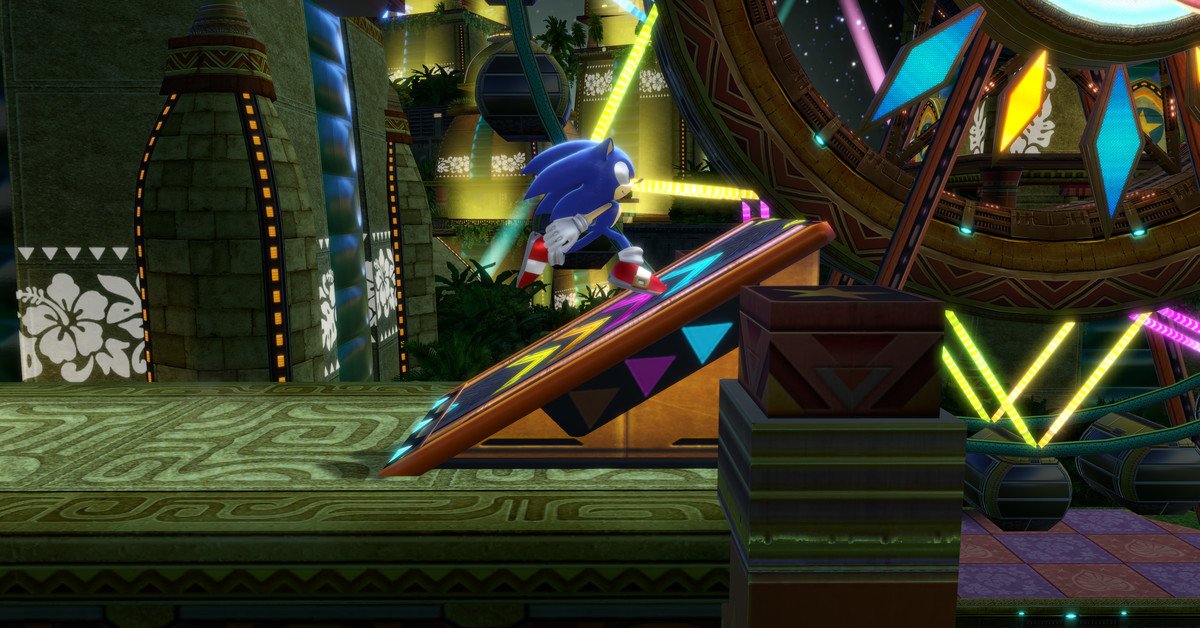
It is so easy to make the assumption that video games don't necessarily teach us anything. And for those that have grown up in the retro world, there is a lot to be said for the disparity between video games and real-life skills. But now there is certainly a blending of skills and the use of video games. It is important for us to help family members to be fully functioning members of society. And the best place to begin to understand what real-life skills video games can actually teach us. Let’s show you exactly what you can learn.
Hand-Eye Coordination
This is one of the best places to begin. To play the most basic game you need good quality hand-eye coordination. This could be with regards to moving a character around or clicking on something or being involved in more realistic games. For example, video games that involve detailed knowledge of learning to drive will encompass changing gears, steering, and so forth. This will help improve the real-life applications that come with hand-eye coordination and learning to drive. For children who are not ready to learn how to drive yet, the more realistic driving games, for example, Need for Speed: Shift 2 Unleashed or City Car Driving can provide your child with skills that involve driving in the real world. While they may not be ready for personalised plates and their own car just yet, getting behind a virtual wheel is the best place to begin and is perfect for hand-eye coordination, which has real-life applications in areas like sports, music, as well as any day-to-day tasks.

Strategic Planning
Puzzle games and strategy games are not as exciting in this age, but the reality is that these types of games will never go out of style. Of course, strategic planning is a very valuable life skill because it teaches practicalities, navigating paths in life, or even the very simple notion of thinking a few steps ahead of someone. When we have to think about the potential consequences of our actions, games are the best way to practice. It is an important skill to have and will embed long-term planning for example through the long-term skills associated with popular video games like Minecraft. But it can also blossom into a worthwhile life skill.

Patience
Role-playing games are very useful for this. Many older arcade games required a lot of patience due to the repetitive gameplay and learning to suffer through something to get out of the other side is a fantastic life skill, no matter how frustrating it is. When you start to enjoy something that will give you delayed gratification, you will tell you the end product much more. Role-play games will encourage fighting, but also refighting monsters so you can grow bigger and stronger. Whatever life throws at us, having the ability to mentally weather the problem is invaluable.
Brain Strength
While there are games that are built for brain training like Dual N-Back will encompass so many different components. For example, a game like Tetris will demand that you improve your pattern recognition skills, also a game like Big Brain Academy is focused on developing every aspect of your brain, for example, spatial awareness. focus, and of course, your memory. These are all things that will make for a stronger brain. A brain is a muscle, and video games are one of the best ways to exercise it.

Socializing
One of the cliched images of the gamer and the modern-day is someone barricaded in their bedroom without any daylight, and lacking any form of social skills. However, gaming proves to be a fantastic way to build social skills. It provides the player with a soapbox, but also a protective barrier between them and the world, which is fantastic for anybody that is socially awkward. Games that involve building plans and guilds will help to evolve leadership skills, so if you can manage a guild, you can certainly develop the skills to manage a team in the real world. When we start to break down what leading a team will consist of, such as organizing schedules, inspiring people, and bringing individuals towards a goal, we can learn from gaming and transfer these things into real life.
Literacy Skills
Many games have a strong focus on narrative, and this is a wonderful way to improve language skills and also introduce people to unknown words. When you look at the classic point and click games you have to read the dialogue to follow the story, but he will also get you involved in the narrative in other ways, for example, telling your own stories. This is where games like The Sims or Minecraft are really helpful.

Observation
One of the more obvious skills in video gaming is observation. There are so many games that are now built around the concept of observing, for example, the game L.A. Noire that you study facial expressions so you can determine if someone is lying or not. Observation skills are very important because they help us understand our environment and other people.
Empathy
Games with big narratives can teach the skill of empathy. When we are forced to relate to characters and picture ourselves in their shoes we can develop our sense of empathy and sympathy.

A Sense of Fun!
The role of video games is first and foremost to entertain. And we can certainly look at life skills, but we also need to remember that life involves having fun and not sweating the small stuff. We have to balance the learning with the good stuff. But also, you can never underestimate what Sonic Colors or the simpler retro games can do, because you can immerse yourself into a game, but the real lessons are learned away from the games themselves. And as parents, it's important for us to spend time with our children playing games because these skills are not just for your children to learn, they are for you as well.
